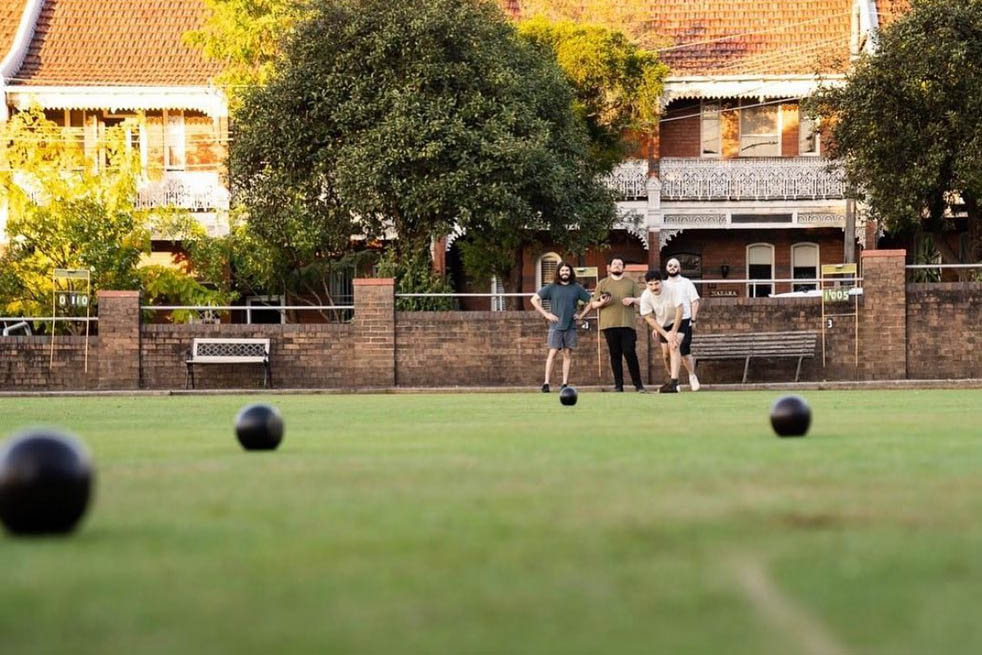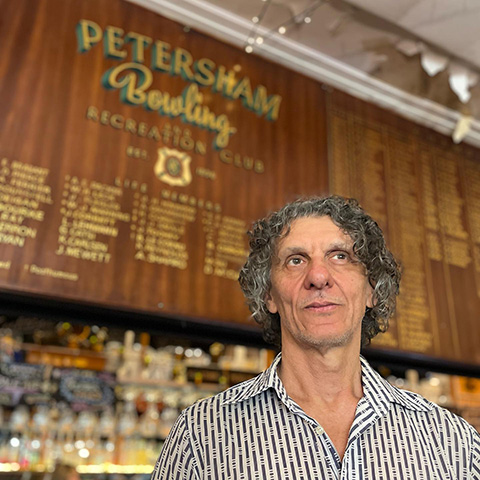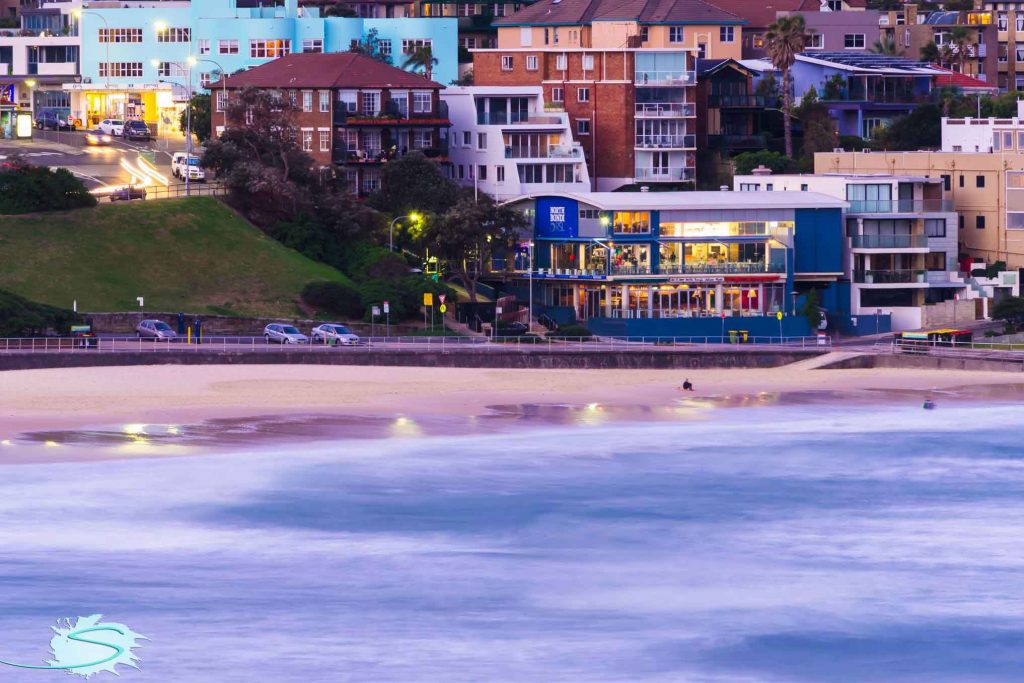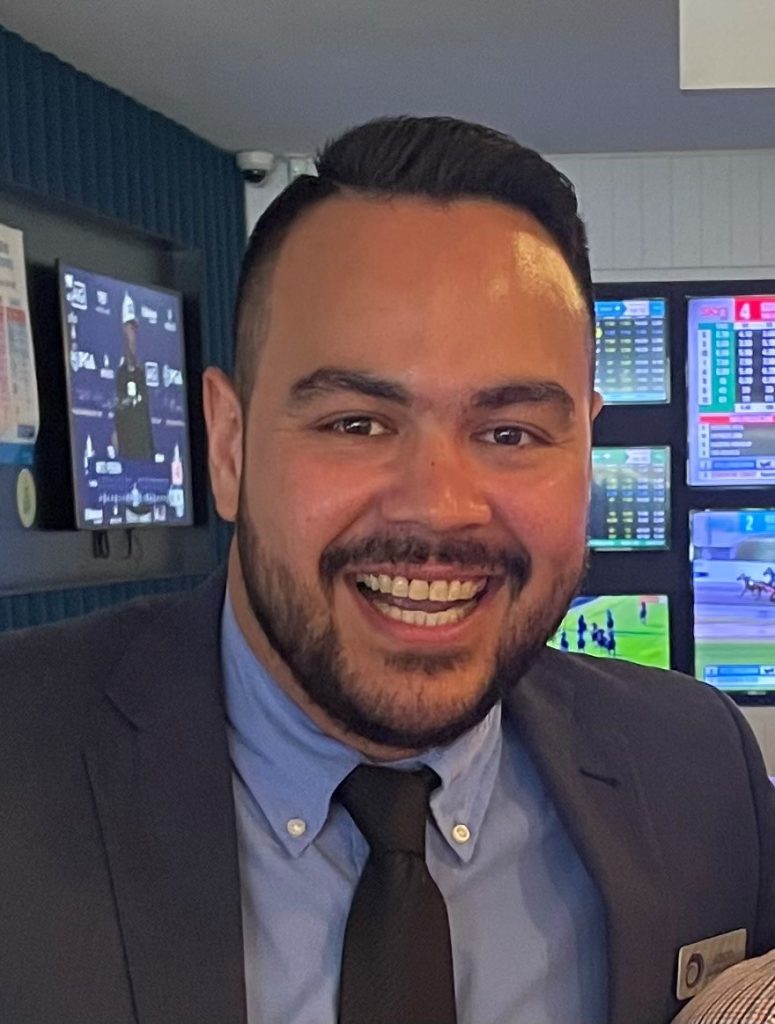With many clubs finding their proverbial knees knocking at predicted falls in revenue from the threat of cashless gaming card laws, we ask the question: what does it take for a club to operate without poker machines?
While the decision in January to remove the last EGMs from Tasmania’s 49 RSL sub-branches was more about protecting veterans and their families from gambling harm than Tasmania’s new cashless gaming card laws, they are just the latest in a long line of clubs to unplug their gaming machines.
Community clubs play an important role in the social life of locals. Not only in connecting people, but as a meeting place and sponsor of community events. But ensuring they can sustainably continue to support the community without reliance on revenues from gambling activities is a huge step.
Petersham Bowling Club was one of the first to take that leap, more than 15 years ago when, faced with plummeting membership and potential closure, the new board committed to being an institution contributing to the community.
After crunching the numbers, they decided to make the controversial move of getting rid of the club’s pokies.

15 years later, and Petersham Bowlo is a thriving community institution that is proof positive that an alternate, pokies-free model can work.
“You can survive without pokies” says club president George Catsi, a Sydney writer, performer, and arts academic who believes that becoming a gaming machine-free venue opened up the club to a broader audience, and in turn made it even more community-focused.
But, admits Catsi, it’s not easily done.

“It’s a big conversation, because it’s not just ‘oh, do this’, it’s teaching and rethinking about how your club operates and your relationship to the business and to your customers, members, community and neighbours.
“Going down the road of no pokies requires a substantial rethink of your business and what it is offering of value to members and customers.
“To service and survive, I think it’s important first to formulate an intent that is unanimous with the board or has enough members onboard to explore,” he said.
Because Petersham Bowling Club was failing when Catsi first took over, he had to question whether the club could survive purely on members alone. If they did stay with just members and the charter of the Club – bowls – then the Club had to be able to earn enough money from them to cover all the costs.
“I realised quickly that there was no way that a couple of blokes buying a midi and sitting on it for a whole bowls game could do that.”
The club needed to take a different approach.
“I think poker machines are lazy income. And I think they’re exploitative, in that you’re trying to sustain a business through exploiting the losses of others. So, we decided to try something different,” he says.
When the Club broadcast the news of the removal of its pokies, business went up.
People who were looking for places to go without poker machines and where they could bring their families were an audience the Club board targeted.
“Once families find a place that they feel comfortable with, they provide great return business and also future business. We have found 15 years down the track that those original kids are grown up and they’re coming back and getting jobs with us. They care about the Club.”
The board knew, however, that families wouldn’t be enough on their own, so they sublet the bistro. They went through seven operators until they found the right one for their community, and that operator is still in place almost a decade later.
Petersham Bowlo also ran a fundraiser to replace the Club’s two existing beer taps with six. And then 12. But once again, they did things different, selling only craft beers.
“Now we’re at 24 taps. Petersham Bowling Club was probably the first venue to be fully craft beer,” said Catsi.
After trading in the red for seven years, what finally turned the Club around was music. They had some bands come in, and each would bring their own crowd with them. Many who’d never visited before became regulars. Seeing this, the Club even diversified the music to lure different crowds.
“Until then we were just hanging in there. Not spending a lot, not able to fix a lot, not rushing and taking loans to fix things, just patching as we went. And then we tipped over into the black. I did the maths at 10 years in, and we’d increased turnover by 700 per cent,” adds a justifiably proud Catsi.
North Bondi RSL is another club where gaming is not a priority and is instead successfully focusing on other revenue streams.
“While not entirely pokies free, we differ from your traditional club in that gaming has never been our focus. We benefit from our location, but our focus is on food and beverage. We want people to come here, enjoy the view, and just connect with their family and friends, and enjoy that experience,” says Jason Linke, CEO of North Bondi RSL.

“We’re running a successful business here without reliance on pokies revenue. Last year, we did $5 million in revenue and only $110,000 was poker machine revenue, which is only 2 per cent.
“I’m really proud of the fact that here at our Club, the handful of pokies we do have are doing what they were designed to do, entertain, and are simply an add-on for leisure.”
Food, beverage and entertainment is North Bindi RSL’s MO, but Linke says that with rising costs, you do need an experienced operator in charge.
“Our head chef is very good at minimising wastage and runs the kitchen in a frugal way with strong controls in place.
“One of our big drivers, in the next 12 months will be looking at improving our function offerings. There’s minimal risk there, and guaranteed income,” said Linke.

“I’m fortunate to run North Bondi RSL Club and our core audience is 25- to 45-year-olds. We’ve got the view here, which encourages a lot of young people and tourism. So, we’ve diversified our income streams to suit. But I couldn’t, you know, just jump out to the middle of the country and replicate it, because it just wouldn’t work.”
At the end of the day, Linke believes the key to success sans pokies for any club is for them to understand their demographics.
“Take an audit of your community demographic and take the necessary steps to welcome them,’ he says.
Back at Petersham, Catsi agrees that community demographics should be at the heart of a club and for Petersham Bowlo, that approach has seen the club’s membership grow and diversify.
“When we say we’re a community club, we don’t just mean the Petersham community. We also have a community of families, a community of musicians and a community of trivia fans.
“We’re pretty rustic, but I see some clubs investing in pretty pergolas and building upgrades and wonder if that actually improved the offerings for their members and customers. Would they have been better off investing those dollars in diversifying their food offerings or what they are selling at the bar? Because a pretty building is never going to be enough to attract and hold an audience,” says Catsi.
To find out more about Petersham Bowling Club’s business model, the Club is hosting a ‘Pokies, Policy & Possibilities’ event this Thursday evening, 9 March. Both George Catsi and Tim Costello, chief of the Alliance for Gambling Reform, will be speaking on the current climate for venues and discussing gambling reform, pokies-free sustainability, and Petersham Bowlo’s successful 15-year community model.
The informal, informative event is free to attend, and more information is available here.
